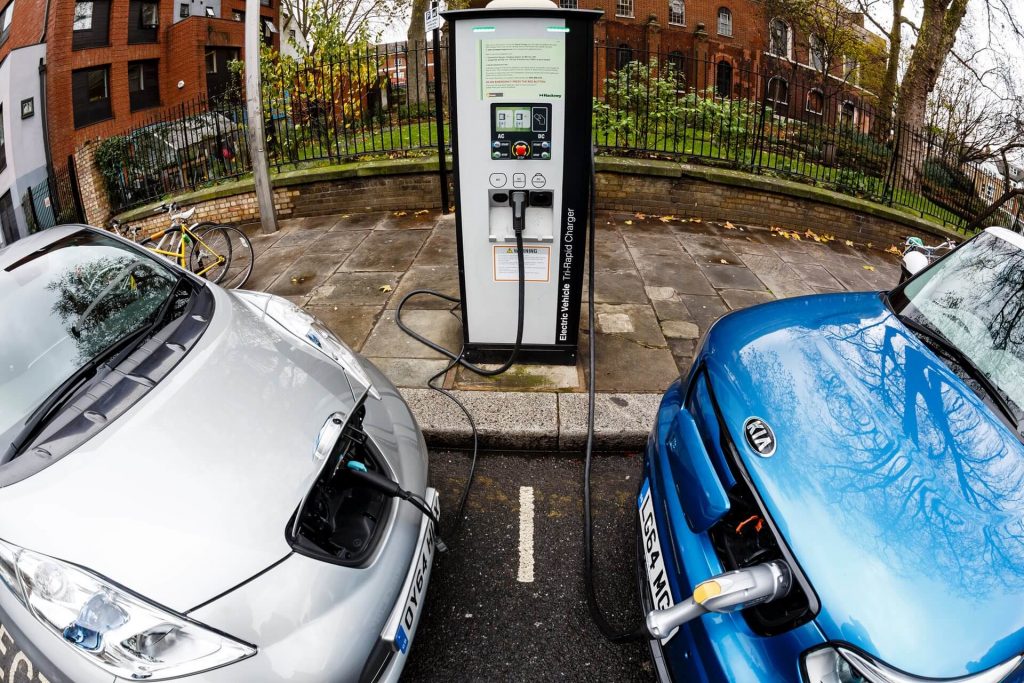Electric cars and solar power could halt fossil fuel growth by 2020

Electric cars and solar power
Electric cars and solar power are considered game-changers according to latest reports.
An Imperial College and Carbon Tracker reports suggest that these technologies are consistently underestimated by many.
It is believed that falling costs of solar panels and also electric vehicles and possibly a combination of both could halt the worldwide growth in demand for fossil fuels like oil and motors by as early as 2020. The data comes from cost reduction projections for green technologies and also countries’ pledges to cut emissions.
It is possible for fossil fuels to lose 10 per cent of the market share to solar power and clean energy electric cars within a decade. A 10 per cent loss in market share resulted in the collapse of the coal mining industry between 2008 and 2013. The same 10 per cent market drop resulted in five major European utility providers to lose €100bn.
The new and emerging technologies, such as printable solar photovoltaics which can generate electricity, could bring down the huge costs associated with fossil fuel currently being used.
The senior researcher at Carbon Tracker, Luke Sussams, had this to say: “Electric vehicles and solar power are game changers that the fossil fuel industry consistently underestimates.
“Further innovation could make our scenarios look conservative in five years’ time, in which case the demand misread by companies will have been amplified even more.”
The head of research at Carbon Tracker, James Leaton added: “There are a number of low-carbon technologies about to achieve critical mass decades before some companies expect.”
In the past seven years, the cost of solar has fallen by a whopping 85% and it’s estimated that by 2040, solar panels could supply 23% of global power generation and 29% by 2050 which would result in the phasing out of coal leaving natural gas with just a 1% share.
Under the same scenario, electric vehicles could make up 35% of the road transport market by 2035 and as much as 66% by 2050.
The report went on to show that cutting carbon emissions from road transport and power sectors may not be enough to achieve international climate targets. There would have to be a programme of emission reductions from other sectors such as heating buildings and heavy industry.

Author

Justin Kavanagh
Justin Kavanagh is a recognised leader
in automotive intelligence and vehicle
data supply to the entire motor industry.
He has almost 20 years experience in
building systems from the ground up.
As the Managing Director of Vehicle
Management System, he understands the
need and importance of trustworthy and
reliable vehicle history and advice to
both the trade and the public.
Follow me on LinkedIn